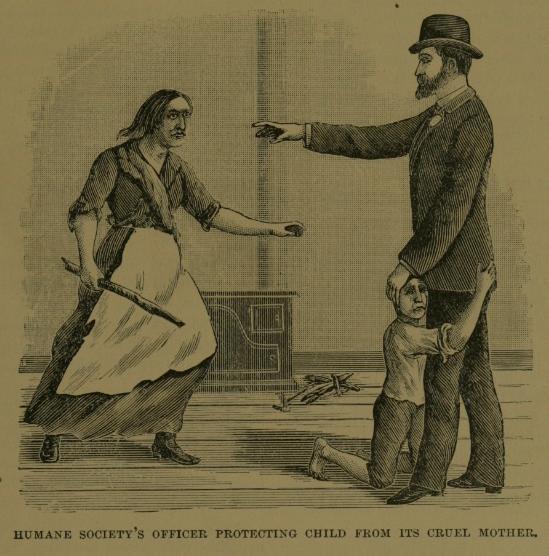Revised as of
26 Nov 2022
This is not one of those “gender issues” where you need to add an e at the end to make it feminine. A human can be either gender. Well, any color or creed as well.
Human can “describe” someone or indicate that it’s a person while humane is strictly an adjective. I’m guessing that for someone to be described as humane indicates that they are capable of being human, i.e., caring and considerate of others. *snicker*, oh, heck, *guffaw*
I know, I’m in a cynical mood this morning, and considering how often war breaks out or threatens to, how cruel people can be to others, well, I’m not feeling very humane myself today.
Word Confusions . . .
. . . started as my way of dealing with a professional frustration with properly spelled words that were out of context in manuscripts I was editing as well as books I was reviewing. It evolved into a sharing of information with y’all. I’m hoping you’ll share with us words that have been a bête noire for you from either end.
If you found this post on “Human versus Humane” interesting, consider subscribing to KD Did It, if you’d like to track this post for future updates.
| Human | Humane |
|---|---|

Human Evolution Silhouettes by Vector Open Stock is under the CC BY 2.0 license, via Flickr. |

Humane Society Children, 1888, is from a publication of the Toronto Humane Society, which was edited by J. George Hodgins, artist unknown and is in the public domain, via Wikimedia Commons. — The Humane Society was originally formed to help people. |
| Part of Grammar: | |
| Adjective; Noun
Plural for the noun: humans |
Adjective |
| Adjective: Relating to or characteristic of people or human beings
Sympathetic
Of or relating to humanistic studies Noun: |
Having or showing compassion or benevolence
[Formal; of a branch of learning] Intended to have a civilizing or refining effect on people |
| Examples: | |
| Adjective: The human body isn’t meant to endure such strain. They are only human and therefore mistakes do occur. You knew the experiment was at the risk of human error. The human side of politics is getting stronger. Homo erectus and Homo habilis are both members of the genus Homo and are considered ancestral or closely related to modern humans. She had such a warmly human understanding. Each of us has our own unique human failings. Noun: Like humans, cats and dogs are omnivores. Some people are fine with the word human, while others prefer the phrase human being. It’s not just humans who can suffer from hangovers. |
They are enforcing regulations ensuring the humane treatment of animals.
There are more humane methods of killing. The center emphasizes economics as a humane discipline. It became the humane education of literary study. He was very much the humane judge. In the mid-nineteenth century, Dorothea Dix began to campaign for humane treatment of the mentally ill. |
| Derivatives: | |
| Adjective: half-human, humanist, humanistic, humanitarian, humanlike, humanoid, interhuman, overhuman Adverb: humanistically, humanly Noun: humanism, humanist, humankind, humanitarian, humanitarianism, humanities, humanity, humanization, humanness, humanoid Verb, transitive: humanize |
Adjective: inhumane, unhumane Adverb: humanely, inhumanely, unhumanely Noun: humaneness, inhumanity , unhumaneness |
| History of the Word: | |
| Late Middle English humaine is from the Old French humain(e), which is from the Latin humanus, from homo meaning man, human being.
The present spelling became usual in the 18th century. |
Late Middle English, as a variant form of human, used interchangeably to the 18th century.
After the 18th century, humane became a distinct word with the sense of having qualities befitting human beings. The Royal Humane Society (founded 1774) was originally to rescue drowning persons. Such societies had turned to animal care by late 19 century. |
C’mon, get it out of your system, bitch, whine, moan . . . which words are your pet peeves? Also, please note that I try to be as accurate as I can, but mistakes happen or I miss something. Email me if you find errors, so I can fix them . . . and we’ll all benefit!
Satisfy your curiosity about other Word Confusions on its homepage or more generally explore the index of self-editing posts. You may also want to explore Book Layout & Formatting Ideas, Formatting Tips, Grammar Explanations, Linguistics, Publishing Tips, the Properly Punctuated, Writing Ideas and Resources, and Working Your Website.
Resources for Human versus Humane
Apple Dictionary.com
Dictionary.com: humane
Pinterest Photo Credits:
A Quiet Moment by JensEnemark is in the public domain, via Pixabay.


